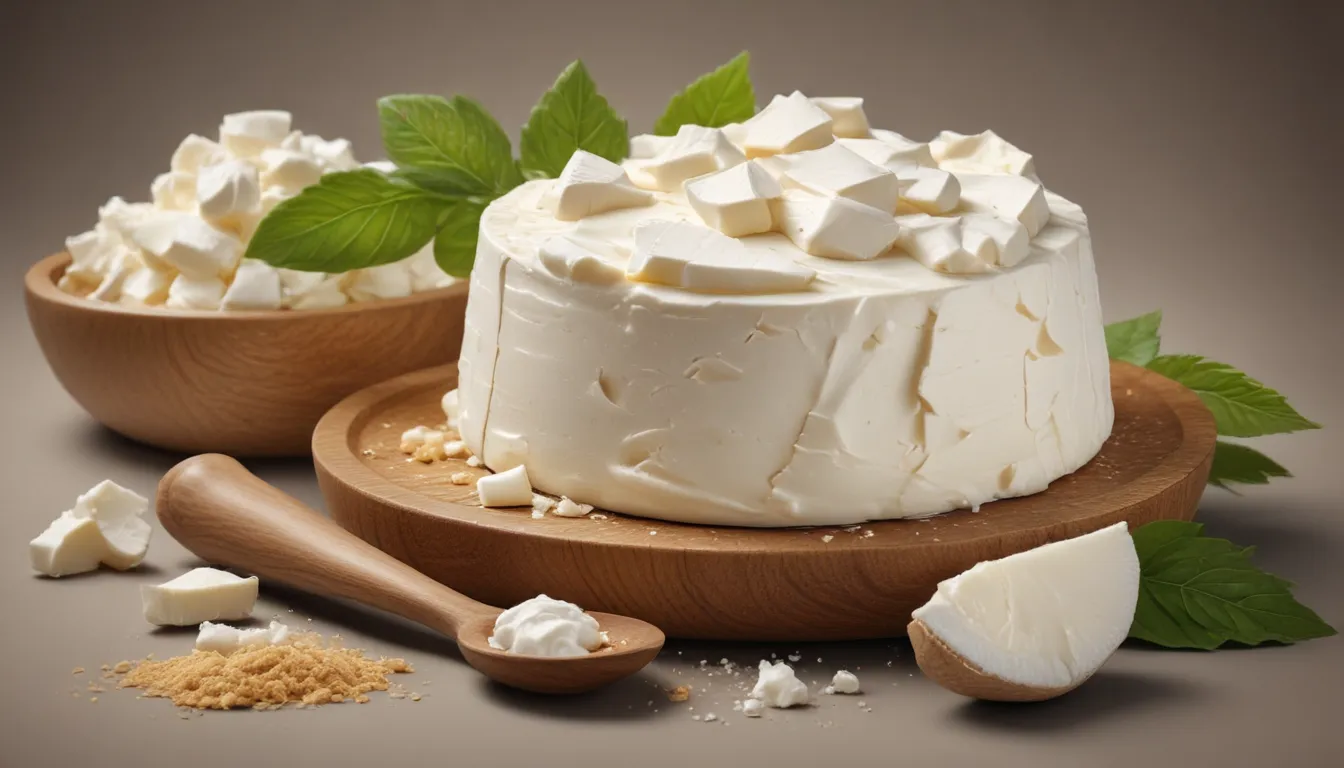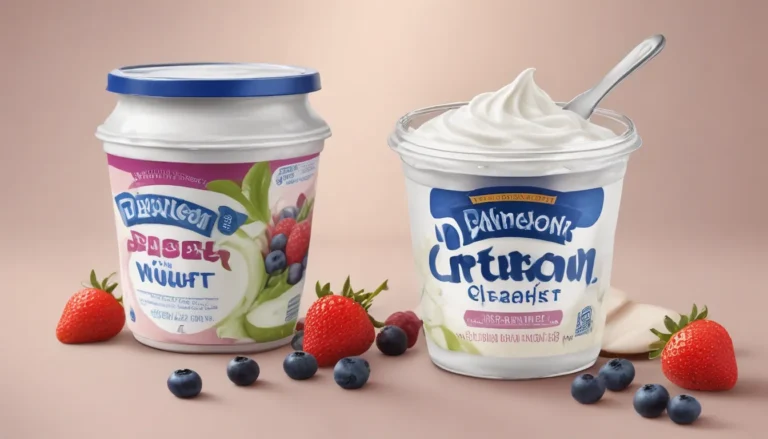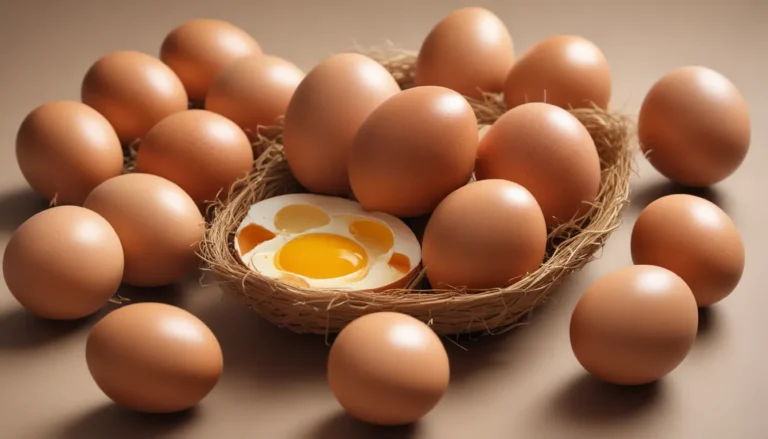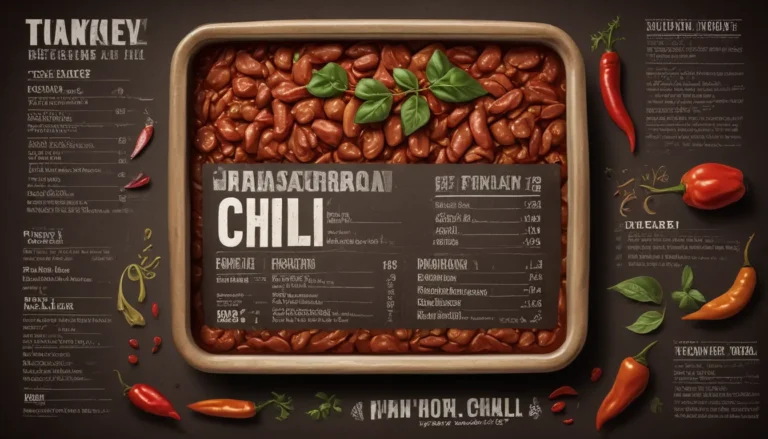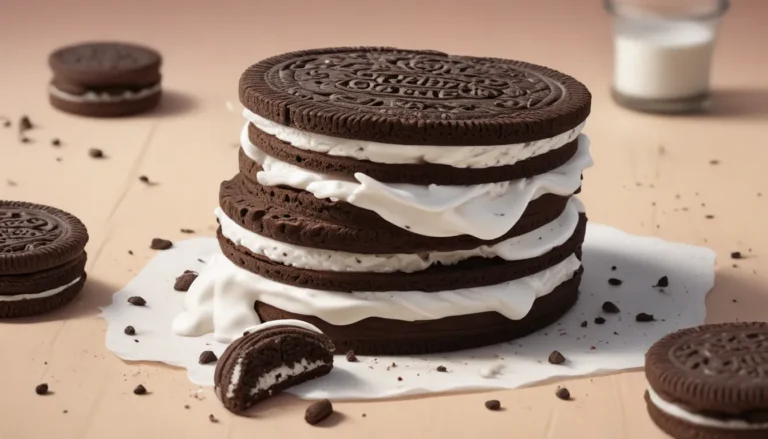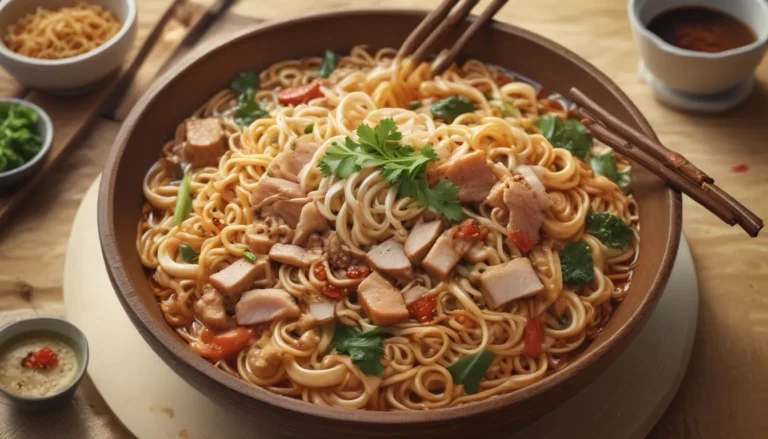The pictures in our articles might not always show exactly what the text is talking about. We use these images to make the article more interesting and eye-catching. They are there to add to the text, but not to replace it or show every detail.
Are you a fan of Italian cuisine or looking to add more nutritional value to your meals? If so, ricotta cheese is a versatile and delicious ingredient that can enhance a variety of culinary creations. In this article, we will delve into 18 nutrition facts about ricotta cheese, highlighting its health benefits, nutrient content, and how it can be incorporated into a balanced diet. Whether you're a culinary enthusiast or someone seeking to make healthier choices in the kitchen, understanding the benefits of ricotta cheese can help you elevate your meals while nourishing your body.
Low-Calorie and High-Protein Option
Ricotta cheese is a low-calorie option, with just 174 calories per 100 grams, making it a guilt-free choice for those watching their weight. Additionally, it is high in protein, providing around 11 grams per 100 grams, making it a valuable addition to a protein-rich diet. Protein supports weight management and muscle recovery, making ricotta cheese a versatile and healthy ingredient for various dishes.
Rich in Essential Nutrients
One of the key nutrition facts about ricotta cheese is its nutrient content. It is a good source of calcium, providing about 208 milligrams per 100 grams. Calcium is crucial for maintaining strong bones and teeth, as well as supporting proper nerve function. Additionally, ricotta cheese contains essential vitamins such as A, B12, and D, which play vital roles in maintaining overall health and supporting various bodily functions.
Balanced Macronutrient Profile
For those monitoring their fat and carbohydrate intake, ricotta cheese is a wise choice. It contains only around 10 grams of fat per 100 grams, making it a lighter option compared to other soft cheeses. With its low fat and carbohydrate content, ricotta cheese is an excellent choice for those looking to maintain a balanced diet.
Versatile and Delicious
Ricotta cheese is a versatile ingredient that can be used in both sweet and savory dishes. From lasagna and stuffed shells to cheesecakes and pancakes, its creamy texture adds flavor and richness to various recipes. Whether you're cooking up a savory meal or whipping up a sweet treat, ricotta cheese can elevate the dish with its delightful creaminess and mild flavor.
Tips for Incorporating Ricotta Cheese Into Your Diet
- Spread it on toast with a drizzle of honey and a sprinkle of cinnamon for a simple and delicious breakfast.
- Use it as a filling for stuffed peppers or mushrooms for a flavorful and nutritious twist.
- Mix it into pasta sauces or soups to add creaminess and richness without the added calories.
- Blend it into smoothies for a protein boost and creamy consistency.
- Substitute it for cream cheese in cheesecakes and other desserts for a lighter and healthier treat.
Conclusion
In conclusion, ricotta cheese is not just a delicious addition to your favorite dishes; it is also a nutritious food that offers a range of health benefits. Whether you're looking to support weight management, muscle recovery, or overall health, ricotta cheese is a versatile ingredient that can enhance your meals while nourishing your body. With its low calorie and fat content, high protein content, and essential nutrient profile, ricotta cheese is a valuable addition to a balanced diet. So, next time you're in the kitchen, consider incorporating ricotta cheese into your culinary creations for a tasty and nutritious boost.
FAQs
Q: Is ricotta cheese good for weight loss?
A: Yes, ricotta cheese is a good option for weight loss as it is low in fat and calories. It is also a good source of protein, which can help keep you feeling full and satisfied.
Q: Is ricotta cheese suitable for lactose-intolerant individuals?
A: Ricotta cheese is generally lower in lactose than other cheeses, making it a more tolerable choice for lactose-intolerant individuals. However, it's best to consult with a healthcare professional for personalized dietary advice.
Q: How long does ricotta cheese last in the refrigerator?
A: Ricotta cheese can typically last for about one to two weeks in the refrigerator if stored properly in an airtight container. It is important to check for any signs of spoilage before consuming.
Q: Can I freeze ricotta cheese?
A: While it is possible to freeze ricotta cheese, the texture may change upon thawing. It is recommended to use frozen ricotta cheese in cooked dishes rather than consuming it as is.
In conclusion, ricotta cheese is a versatile and nutritious ingredient that can elevate your culinary creations while nourishing your body. Incorporate it into your meals for a flavorful and healthy boost.
